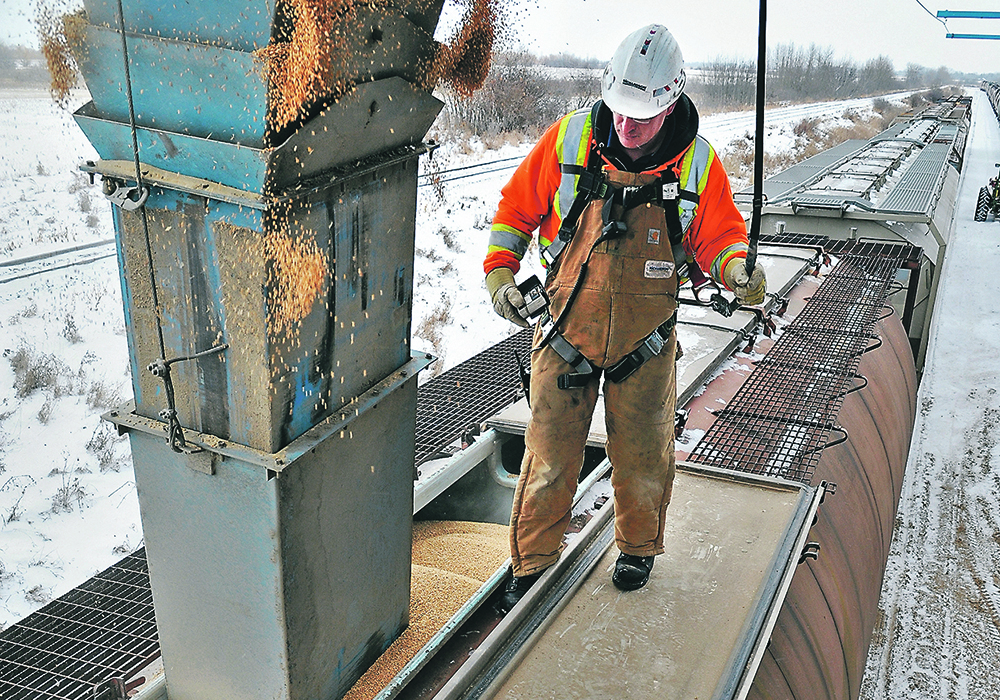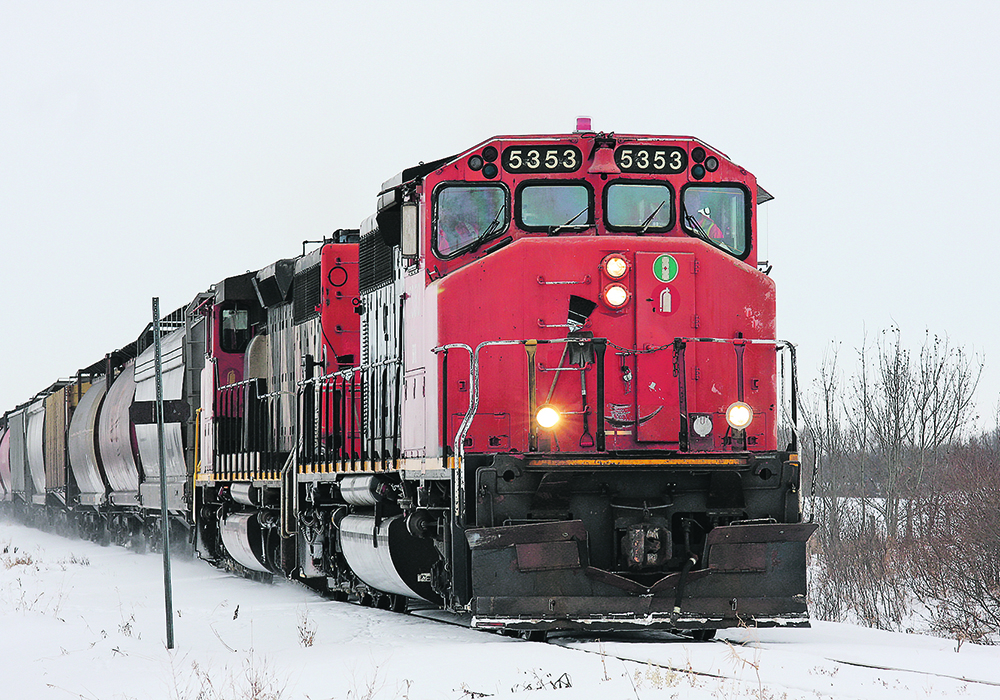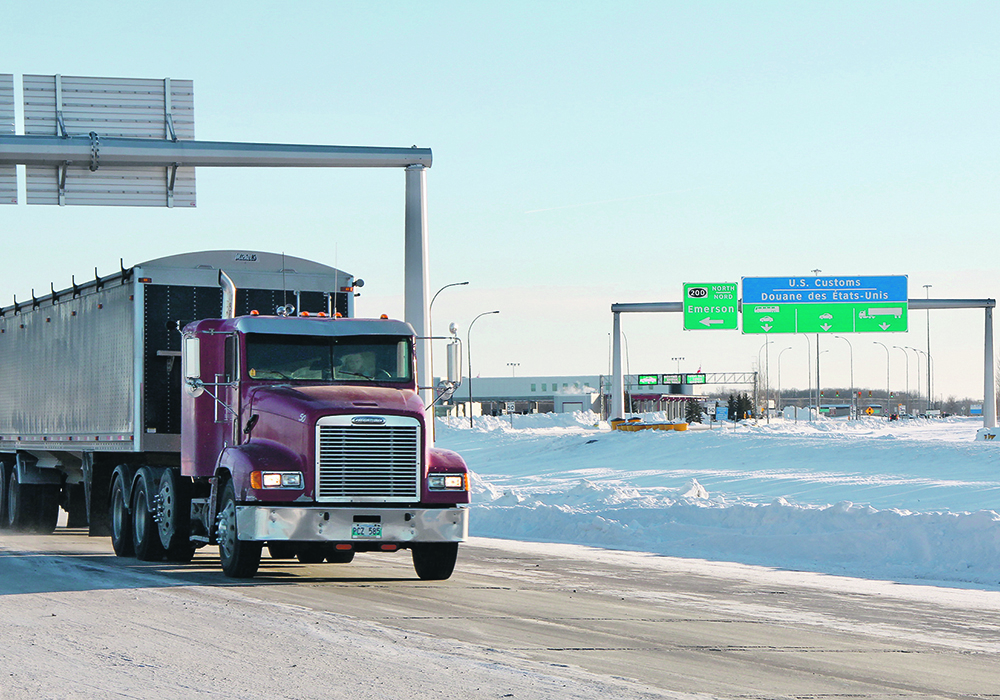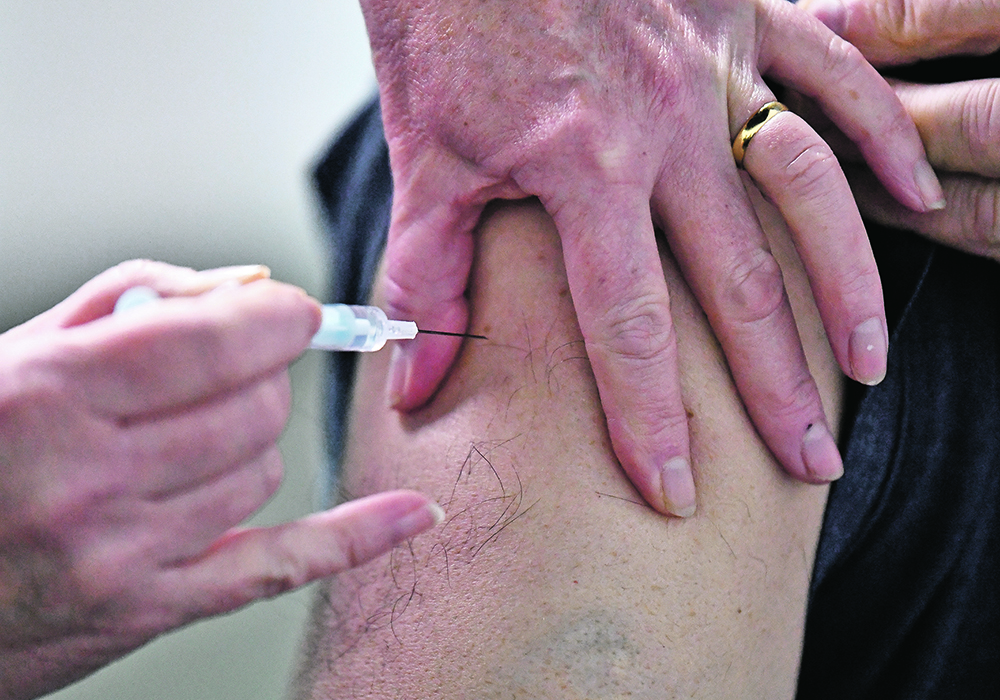Agriculture is a major economic driver in Canada. In these troubling times, there is an opportunity to reassess what we can do to strengthen this sector. While our Canadian economy is reeling from blow after blow, agriculture can play a major role in its rebuilding.
Any chain is only as strong as its weakest link. Our Canadian food suppliers strive to strengthen our food supply chain and the quality of their products through adaptation of new ways of producing and processing our food.
The COVID-19 pandemic is testing our supply chain, and has exposed some gaps. We are fortunate to have an abundance of clean land, clean water and clean air, all put to good use by resilient farm families and agri-food businesses. But their work is all for naught if their products cannot get to market.
Read Also

Farmer ownership cannot be seen as a guarantee for success
It’s a powerful movement when people band together to form co-ops and credit unions, but member ownership is no guarantee of success.
Governments at all levels play a role in setting the stage for future success. At the federal level, fair taxation and stable trade access are paramount. While Canada has done a good job over the past decade in expanding markets for our agriculture products, taxation has impeded our growth.
The carbon tax, which disproportionately hurts farmers, has been a punch to the gut during these challenging times. At a time when we need agriculture to succeed, taking cash flow out of the hands of farmers and putting it into coffers in Ottawa is the wrong solution. Farm groups of all stripes have opposed this tax and Canadians should support their efforts.
Our international customers are watching, now more than ever, to see how reliably our supply chain can function. Investments today into improving infrastructure will pay dividends in future agricultural economic growth and rural Canada will be stronger.
Farming is a long-term commitment. Land values, equipment, inputs and building costs continue to rise. Therefore, our lending institutions need a long-term lens. Cash flow is important, but so too is a commitment to the long-term financial support of our agri-food system.
Our neighbours to the south continue to provide billions of dollars in bailouts to their agriculture sector to mitigate the impacts of unpredictable trade and falling prices.
We don’t need to follow suit, but do need government and banks to show smart, strategic support that recognizes the national importance of the agricultural sector.
The size of this country coupled with weather volatility and distance to markets for the diverse crops and livestock we produce is always a daunting challenge.
Canadian producers are tough; farming is big business and not for the faint of heart. Stress on our farm families is palpable and a new reality in these unsettled times. Simply working hard like our ancestors did is no longer enough.
Continuing education and the application of leading-edge technology is critical. The COVID-19 pandemic has shown us that Canadians have a great trust in the safety and quality of our food supply. For agriculture to succeed, we need policy that supports this trusted, needed and constantly improving sector. Post-COVID, we need it more than ever.
Answers are there and must be found. So, what do we do? The Simpson Centre at the School of Public Policy at the University of Calgary is assembling a panel to define a road map. Short-term, mid-term and long-term planning must be done in consultation with the full industry supply chain, governments, and lending institutions.
Everyone involved has a role to play and someone must piece this puzzle together. By doing so, we can ensure a strong future that includes both global food security as well as the sustainability of the agricultural industry and all those working within it.
Gerry Ritz served as federal agriculture minister from 2007-15.















